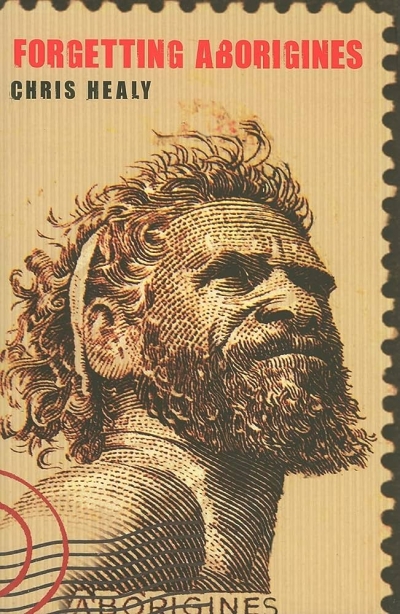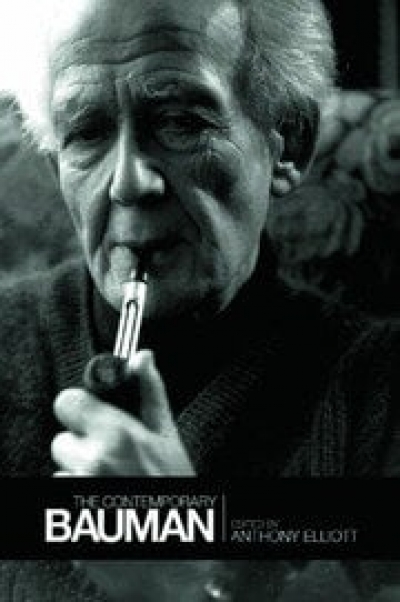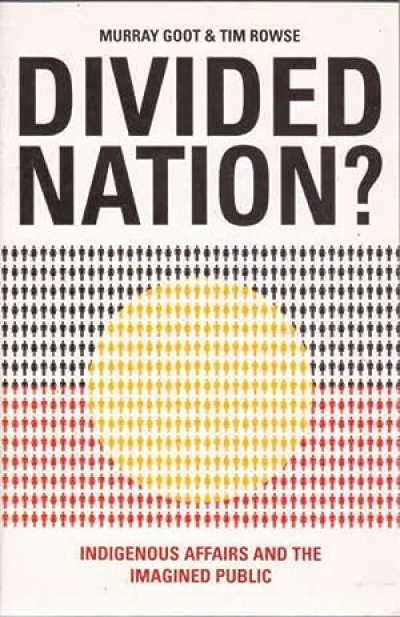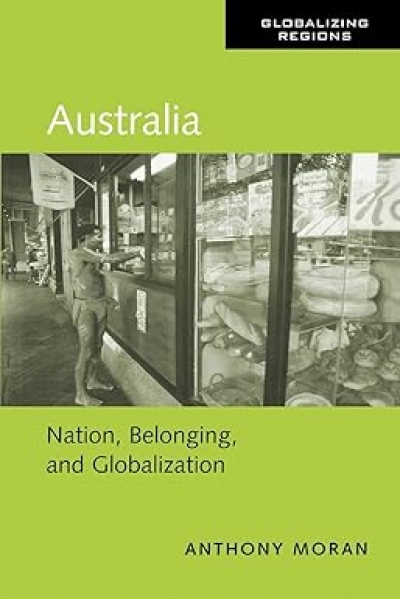Our lives are awash with opinion polls. The daily newspapers, television, radio, and internet poll people on just about every subject. The survey of public opinion has become, since the 1940s, a pervasive feature of everyday life, and is now central to the political process. Sophisticated, large-scale polling of attitudes at the national level – such as the National Social Science Survey, the Australian Election Study, Australian Survey of Social Attitudes and the World Values Survey – is increasingly reported on in the newspapers, with the more complex analyses of these findings left to academic journal articles and books. Alongside regular national polling on issues and leaders by AGBMcNair, Irving Saulwick and Associates, ACNeilson, Roy Morgan Research and Newspoll, political parties commission their own secret internal polling and focus group studies in order to tailor their message to their audience. In this federal election year, we hear clear echoes of this as the ALP leadership repeatedly drops in the key words ‘clever’ and ‘even cunning’ whenever they mention John Howard.
...
(read more)




